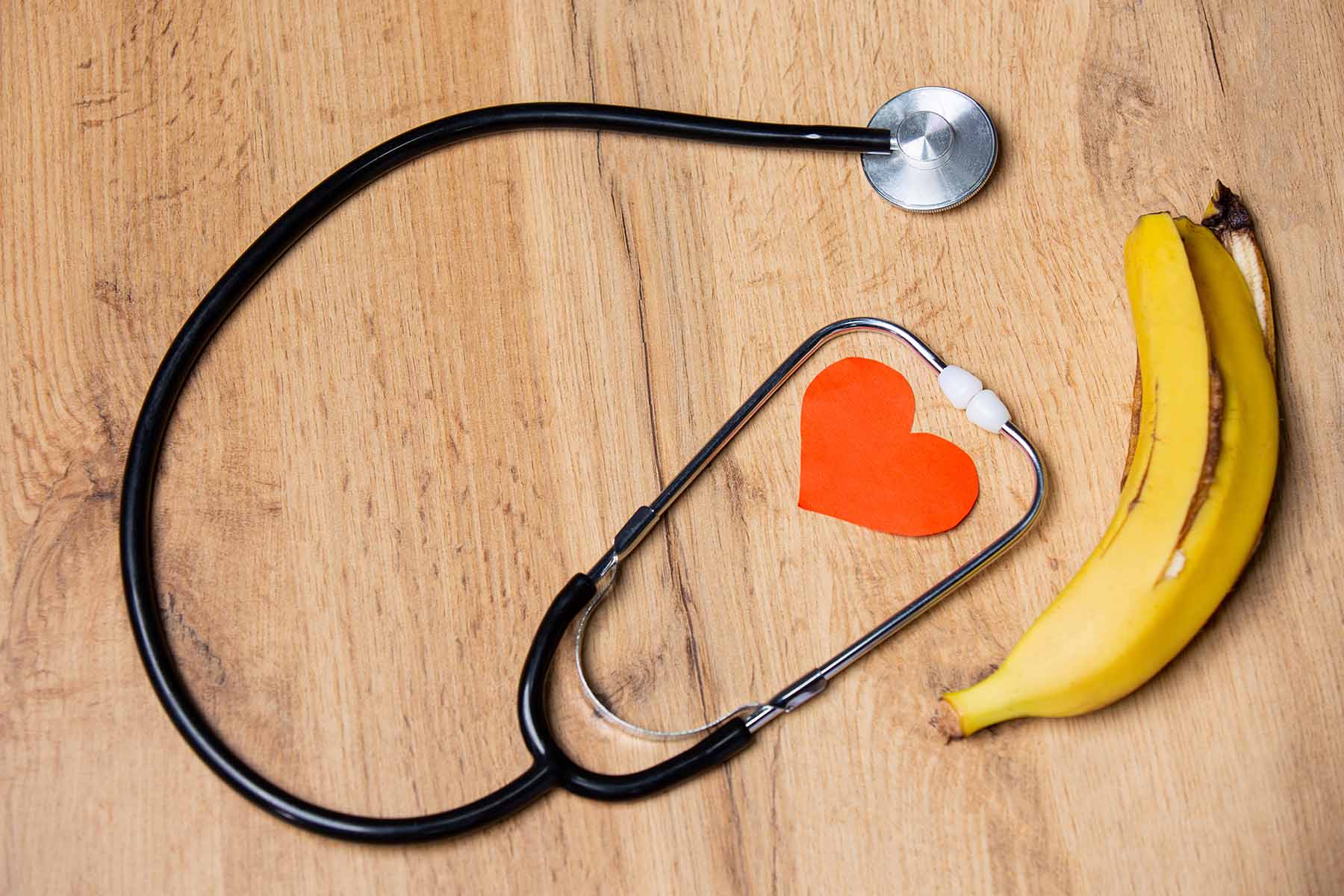Ladies, Potassium Can Help Manage Your Blood Pressure

If you have high blood pressure (hypertension), you’ve heard that reducing the sodium in your diet can help lower your numbers. But, did you know that consuming more potassium can similarly support your heart health.
The more potassium you take in, the lower your systolic blood pressure, reducing the risk for life-threatening cardiovascular events like stroke, heart attack, heart disease, and heart failure. Researchers from the Netherlands found that this positive effect is strongest in women with the highest sodium intake.
To understand these findings, Maria Carolina Delgado-Lelievre, M.D., a cardiologist who specializes in preventive cardiology at the University of Miami Health System, explains the importance of potassium in your body. Her research on potassium and hypertension was the first to illustrate how intracellular potassium is a marker for the genetic risk for hypertension.
What does potassium do?
“Potassium is an essential element in the function of all of our cells, especially those responsible for cardiovascular health,” she says.
“More than 95% of the total body potassium is inside the cell. In both men and women, potassium contributes to normal cell function, especially cells involved in blood pressure control.”
When potassium levels within the cells are low, the lining of blood vessels (endothelium) malfunctions, causing abnormal blood pressure and an increased risk for arrhythmias (irregular heartbeat) and stroke. Potassium depletion commonly affects hypertensive men and women.
Still, the severity of this nutrient deficiency depends on many factors, including genetics, diet, medications, and hormone imbalance (such as perimenopause and menopause).
Why is this especially important for women?
As women age and go through menopause, their natural estrogen levels decline. This change increases the risk of developing hypertension and cardiovascular disease.
“Because low natural estrogen levels impair vascular function, many women will realize they are hypertensive during perimenopause and menopause,” Dr. Delgado-Lelievre says.
“If a woman in this condition also has potassium depletion, the added effect on blood vessel function is exponentially worse compared to men their age. This is why increasing potassium intake can improve vascular function, especially in menopausal women.”
Are you eating enough potassium?
“The American College of Cardiology/American Heart Association (ACC/AHA) guidelines place great emphasis on dietary potassium intake, recommending increased intake of dietary potassium (3,500 to 5,000 milligrams per day),” says Dr. Delgado-Lelievre.
“It is extremely important for cardiologists and general physicians to inform patients that keeping healthy body potassium content is essential for normal vascular function, better blood pressure control, and the prevention of cardiovascular disease.”
Don’t ignore your salt intake.
“To help reduce blood pressure, we need to both consume more potassium and decrease our salt intake,” she says.
“The ACC/AHA guidelines recommend a healthy dietary plan with a reduction in dietary sodium (<1,500 milligrams per day or at least a 1,000 mg/d reduction) plus an increased intake of dietary potassium (3,500 to 5,000 mg/d).”
Dana Kantrowitz is a regular contributor for UHealth’s news service.
Tags: blood pressure management, blood pressure reading, Dr. Maria Delgado-Lelievre, good source of potassium, hypertension, potassium is a mineral
